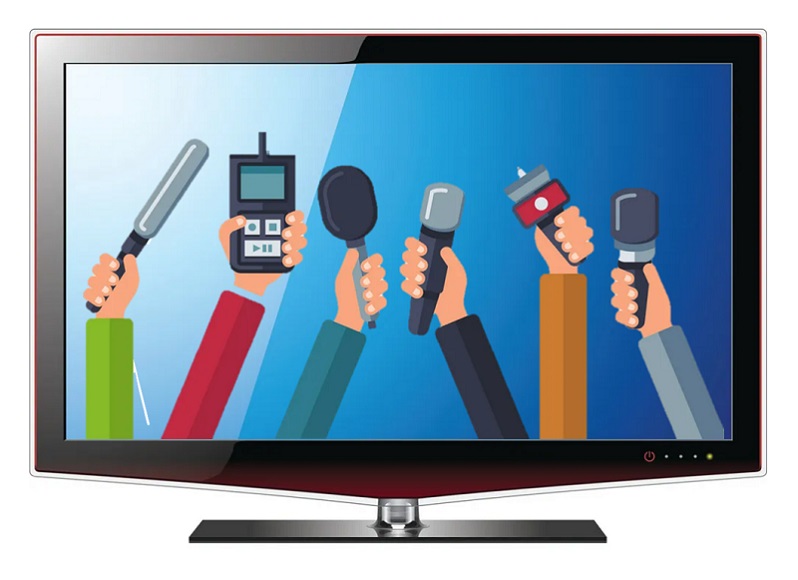7 Steps on How to Handle a Video or Television Interview
 For most small companies, the opportunity to appear on TV is not high. However, with the Internet becoming a part of everyone’s lives, there is definitely a good chance that you will have the opportunity to be interviewed and be on video.
For most small companies, the opportunity to appear on TV is not high. However, with the Internet becoming a part of everyone’s lives, there is definitely a good chance that you will have the opportunity to be interviewed and be on video.
Here are 7 effective tips on how to be appear confident in your interview:
1. Plan your time. Make sure that you are not scheduled for anything stressful before or after your interview. Rushing to the interview really does not help, and being anxious for it to end is probably worse. You need to be relaxed and at ease. So, be early, and make sure you have plenty of time “after”.
2. Be well groomed. Check with your interviewer if there is any specific dress code. Work on your make up, hair, clothes as you need to be immaculate. You may like to do a rehearsal a few days prior to the interview. If you don’t like like how you look, you will have time to do some shopping and even engage a professional make-up artist and hair stylist before the interview.
3. Equipment Check. While the crew will do an equipment check, you will have to know where the camera is positioned, whether the light bothers you, if the microphone is pinned correctly on you and ensure the chair you are sitting on does not squeak! It will be really awkward if it squeaks each time you move. And of course, your cell phone need to be OFF or completely SILENT. Really. Vibrate mode can be quite loud if you are in a quiet studio.
4. Always on your best behavour. Make sure that you are always on your best behaviour. Never assume that the camera is off. Even if they tell you “you’re off the air”, the camera might still be rolling. Don’t be the next YouTube sensation, flopping onto your knees after an exhausting “filming session”.
5. Know your subject. Even if you are the subject matter expert, do your pre-interview homework. Do a background check of your host and his/her audience so that you know what questions will be thrown at you. Otherwise, you may not be ready for the question you don’t know the answer to. Unfortunately, this does happens
6. Practise Makes Perfect. It will be good to do a Q&A session with someone beforehand so that you know what words to use to make the most impact. Your chosen words must be concise and clear such that your message landed squarely with the host and audience. Poor choice of words and not answering sequentially may make you unconvincing.
7. Be animated and vary your tone. When you are talking about something interesting and fun, smile and be more animated. When you are talking about a grim and serious matter, you can choose to speak firmly. Practise putting some power behind your words and adding a little rise and fall to your voice.